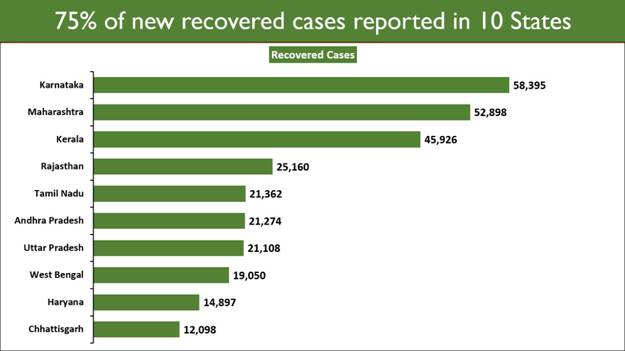Vienna, Austria – In a significant breakthrough for the treatment of chronic abdominal pain, researchers at the University of Vienna, led by medicinal chemist Markus Muttenthaler, have developed a new class of oral peptide therapeutic leads. This innovation provides a safe, non-opioid alternative for conditions like irritable bowel syndrome (IBS) and inflammatory bowel diseases (IBD), offering hope to millions suffering worldwide. The findings were recently published in Angewandte Chemie International Edition.
The Opioid Dilemma
Current medications for chronic abdominal pain often rely on opioids, which, while effective, carry substantial risks. Opioids can lead to addiction, nausea, constipation, and severe drowsiness, impairing patients’ quality of life. The global opioid crisis underscores the urgent need for safer, more targeted treatments.
The Innovation: Gut-Targeted Oxytocin Therapy
The research team’s novel approach focuses on the oxytocin receptor in the gut. Known as the “love hormone” for its role in social bonding, oxytocin also influences pain perception. By selectively targeting oxytocin receptors in the gut, the new therapy reduces pain signals without affecting the central nervous system, significantly lowering the risk of side effects.
A major hurdle in developing oxytocin-based treatments has been its instability when taken orally, as it is rapidly broken down in the gastrointestinal tract. However, Muttenthaler’s team has overcome this challenge by engineering gut-stable oxytocin-like peptides that remain effective when taken orally.
“Our research highlights the therapeutic potential of gut-specific peptides and offers a new, safe alternative to existing pain medications, particularly for those suffering from chronic gut disorders and abdominal pain,” said Muttenthaler.
This innovation is particularly promising, as most peptide-based drugs, like insulin, require injection due to their rapid degradation in the gut.
Looking Ahead: From Lab to Market
Supported by the European Research Council, the team is now working to bring these groundbreaking peptides to market. They have secured a patent for their drug leads and are actively seeking investors and industrial partners to accelerate clinical development.
Beyond chronic abdominal pain, this approach could revolutionize treatments for other gastrointestinal diseases. “The therapeutic potential of peptides in this area is vast and largely untapped,” Muttenthaler noted.
If successful, this gut-specific, non-opioid therapy could transform the lives of millions, providing a safer, more effective treatment for chronic abdominal pain and other gastrointestinal conditions.











